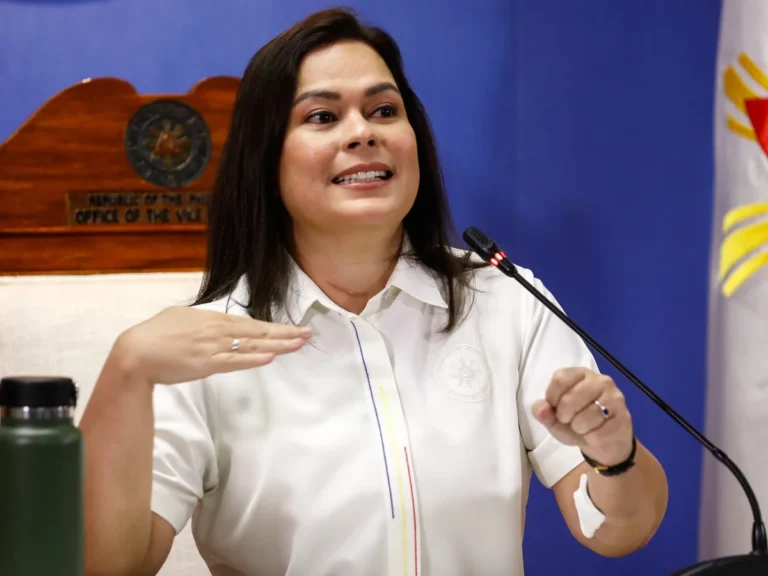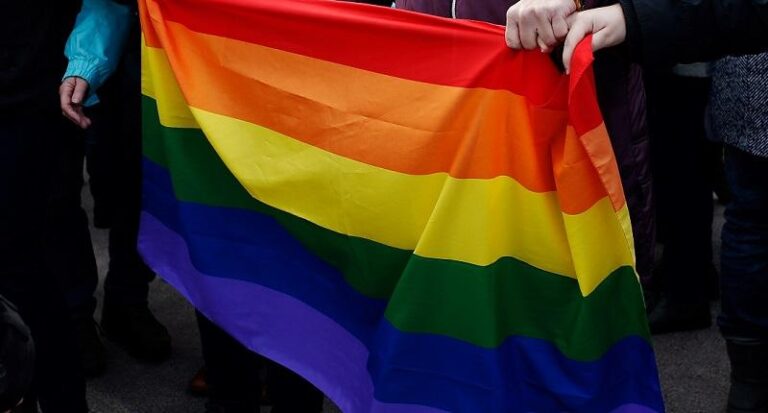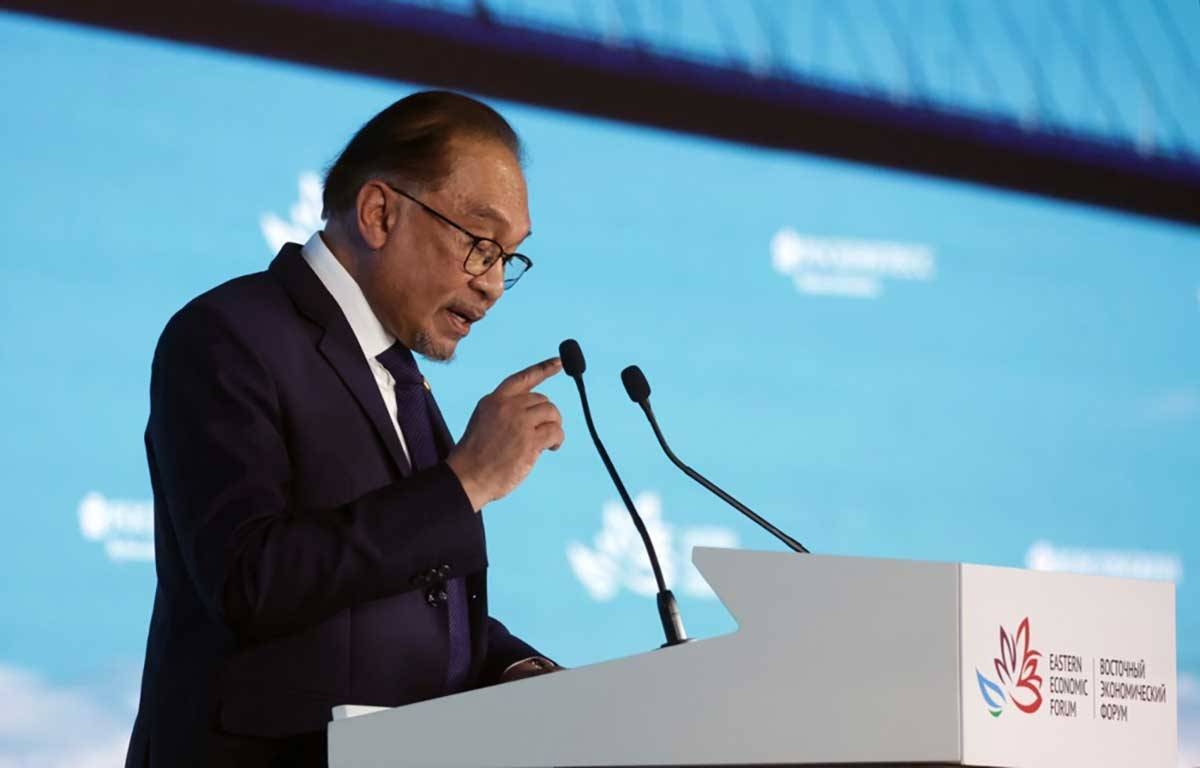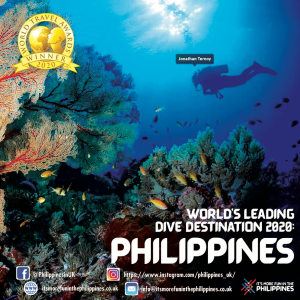MALAYSIAN Prime Minister Anwar Ibrahim advised Manila and Beijing to be “very delicate” in handling their dispute in the South China Sea and be “more open to dialogue.”
Ibrahim made the statement during the plenary session of the just concluded Eastern Economic Forum (EEF) in the Russian city of Vladivostok, according to the lone representative of the Philippines to the international forum, Hugo Santos of the Asian Century Philippines Strategic Studies Institute (ACPSSI).
Santos said on Friday Ibrahim stressed that Malaysia, which also claims part of the South China Sea, does not want the Southeast Asian region to become a “battleground” for superpowers.
The Malaysian leader pointed out that Kuala Lumpur positions itself as a mediator.
Ibrahim said that when it comes to addressing its own dispute with rival claimants, national economic interest is a key priority for Malaysia.
He said the country recognizes that while it has an edge over other claimants because of oil exploration in its exclusive economic zone (EEZ), it is also pursuing an “open dialogue” with its rivals, particularly China.
Santos said Ibrahim emphasized Kuala Lumpur’s non-aligned foreign policy, which he said literally means “a friend to all and an enemy to none.”
Malaysia, under Ibrahim, wants to position itself as a “neutrally independent” country that follows its national interests.
Brunei, Indonesia and Vietnam also have maritime claims in the South China Sea.
Santos is taking up his master’s at Miriam College and is a member of Asean Youth, a Jakarta-based NGO promoting Asean values of centrality, peace and harmony among all nations.
Other keynote speakers at the Vladivostok forum were Russian President Vladimir Putin and Chinese Vice President Han Zheng.
On Thursday, Defense Secretary Gilberto Teodoro Jr. visited naval facilities in Oyster Bay in Palawan to check on ongoing infrastructure projects to strengthen the country’s defense posture.
Teodoro was rumored to have submitted his resignation, but Malacañang and the Department of National Defense belied it as “misinformation and disinformation.”
Teodoro was accompanied to Palawan by Armed Forces of the Philippines (AFP) Chief of Staff Gen. Romeo Brawner Jr.
The United States is a key partner in transforming Oyster Bay into a berthing area and shelter for Philippine vessels during emergencies.
Oyster Bay was also utilized by the US Navy as a temporary pier during a series of joint training operations with the Philippine Navy.
AFP Public Affairs chief Col. Xerxes Trinidad said in a statement the facilities are being transformed as vital hubs as part of the Comprehensive Archipelagic Defense Concept (CADC).
Apart from being a naval facility, the site is an ideal forward base for the Philippine Air Force in keeping watch over the country’s EEZ, Trinidad said.
On Tuesday, the Philippine Navy logged the biggest presence of Chinese vessels in the West Philippine Sea (WPS).
Philippine Navy spokesman for the West Philippine Sea Rear Admiral Roy Vincent Trinidad said 207 Chinese Coast Guard and Chinese maritime militia ships were monitored from September 3 to 9.
The maritime militia vessels were detected near Escoda or Sabina Shoal, Trinidad said.

















